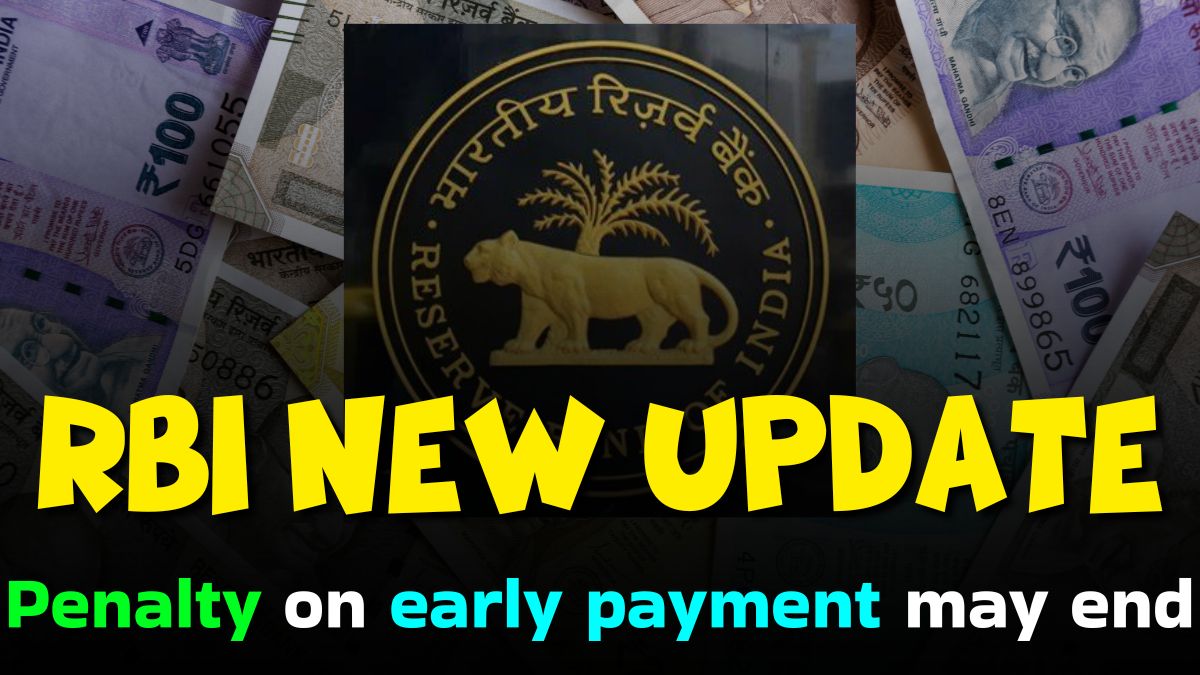The RBI is considering abolishing prepayment and foreclosure charges for floating-rate loans for individuals and micro and small enterprises (MSEs) as one of the decisions required to comfort millions of loan borrowers. This would mean equal opportunities, fairness, and encouragement for borrowers to close or pay ahead their loans without having to pay a dreadful penalty.
Existing Situation and RBI Proposal
Currently, most regulated entities (REs) are barred by regulation from charging prepayment or foreclosure charges on floating-rate term loans granted to an individual without a business purpose. However, RBI supervision has suggested inconsistencies in their application for the loans given to MSEs.
It states that except for tier-1 and -2 co-operative banks and very early-stage NBFCs, regulated entities will no longer be able to impose such a fee or penalty on floating-rate loans paid early by an individual or by an MSE borrower for a business purpose. For top MSE borrowers, this limit would extend to ₹7.50 crore.
Retail borrowers face such penalties at 4-5% when preempting or foreclosing their loans. The proposed suggestion of the RBI is abolishing these to facilitate the borrower in the management of finances free from the pain of additional costs.
RBI Taking Action
This was seen to have triggered variations in practice across regulated entities. Supervisory reviews revealed that:
- There are significant variations in foreclosure charges and prepayment penalties among lenders, leading to customer complaints and disputes.
- Some lenders embed restrictive clauses in the loan agreements forbidding the borrower to transfer to another lender who may offer lower interest rates or better terms.
To address all these issues, the RBI’s draft circular only upholds that regulated entities must:
- Allow foreclosure or prepayment of loans without imposing a minimum lock-in period,
- Not charge any fee or impose any penalty if the foreclosure or prepayment is initiated by said regulated entity, and
- Not recover any past charge which has already been waived or not disclosed to the borrower during foreclosure or prepayment.
What Would This Mean for the Borrower?
A change from the RBI is a boon for loan borrowers in the form of individuals or MSEs. With the absence of any prepayment penalty, borrowers will be able to:
- Repay early without any prepayment penalty for costs incurred.
- Switch to lower rates or better services across lenders.
- Manage finances better, reducing the overall cost of borrowing.
Next Steps and Feedback to Stakeholders
The draft circular was issued by RBI for comments from stakeholders until March 21, 2025. Once it becomes effective, the policy would ensure further transparency and fairness within the lending ecosystem, likely benefiting millions of borrowers across the country.
On the whole, the objective of this proposal from the RBI is to move ahead with something that will seem much nearer for the borrower in terms of easy accessibility. Prepayment penalty abolition on floating-rate loans has been a customer demand almost ever since. This not only puts an end to long-lasting grievance injustices but also encourages customers to learn without indulging too much in heavy charges over them.
